US vice president makes unannounced visit to Afghanistan
US Vice President Mike Pence has made an unannounced trip to Afghanistan to meet with American military officers and Afghan leaders, amid escalating violence in the country despite the presence of thousands of US-led NATO troops there.
Pence departed on the trip shortly after an event at the White House on Wednesday night and arrived on a military aircraft at Bagram Airfield under the cover of darkness on Thursday night.
From Bagram, Pence flew by helicopter to the capital Kabul, where he held meetings with President Ashraf Ghani and Chief Executive Abdullah Abdullah.
Pence told the Afghan leaders that the United States was "here to see this through,” and underscored American commitment to the country four months after President Donald Trump pledged a stepped-up military campaign against Taliban militants and signaled the United States would deploy more troops to the country.
“It’s because of all of you that we’re safe. It’s because of you that we’re free. It’s because of you that freedom has a future in Afghanistan and America and all across the wider world,” Pence told US troops at Bagram Airfield.

In August, Trump announced his controversial war strategy for Afghanistan. In a blatant U-turn from his campaign pledges to end the now 16-year occupation of Afghanistan, Trump said that his views had changed since entering the White House and that he would continue the military intervention “as long as we see determination and progress” in Afghanistan.
Trump authorized an increase of thousands of troops requested by General John William Nicholson, who has said he needs about 16,000 troops in Afghanistan, and NATO countries have also pledged to help make up the difference.
The United States -- under Republican George W. Bush’s presidency -- and its allies invaded Afghanistan on October 7, 2001 as part of Washington’s so-called war on terror. The offensive removed the Taliban regime from power, but after more than one and a half decades, the foreign troops are still deployed to the country.

After becoming president in 2008, President Barack Obama, a Democrat, vowed to end the Afghan war, but he failed to keep his promise.
Trump, who has spoken against the Afghan war, has dubbed the 2001 invasion and following occupation of Afghanistan as "Obama's war."
Echoing Trump's comments when he unveiled the new strategy, Pence also accused Pakistan of providing safe havens to the Taliban and other groups.
"Those days are over," Pence said, adding that Pakistan had much to gain from cooperating with the United States, and lot to lose by harboring "criminals and terrorists.”
Pakistan’s Foreign Minister Khawaja Muhammad Asif has dismissed US claims as “hollow allegations,” and said the stalemate in Afghanistan will not improve unless the United States acknowledges its defeat in the country.
"Their failures over the past 16 years [since the war in Afghanistan started] is before them," Asif said while briefing the Pakistani Senate on October 25.
Asif said that US policymakers, and not their military commanders, needed to drop the failed military plan and devise a political solution.
"There will only be room for improvement if Washington accepts their defeat, their failures in Afghanistan," Asif said. "They are not ready to accept this."
VIDEO | Press TV's news headlines
Palestinian author jailed by Israel receives prestigious award
VIDEO | Iran celebrates Persian Gulf Day
Holocaust expert: Israel committing genocide in Gaza
Australia ‘s Jewish Council warns against labeling pro-Palestine demos ‘anti-Semitic’
Russia’s Navalny did not die on Putin’s order: US intelligence
Iran warns against threat of terrorism to regional, global security
Tracing the origins of Zionist lobby’s malign influence on American academia


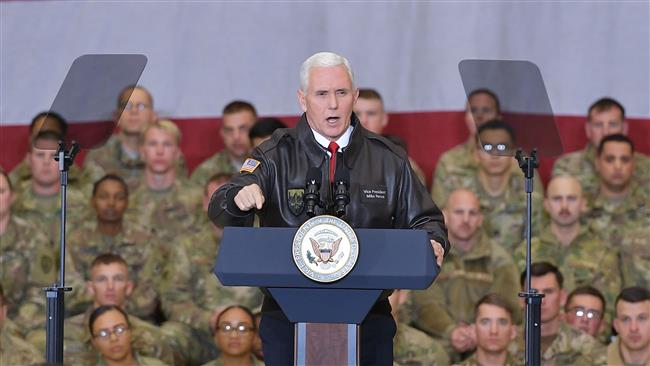

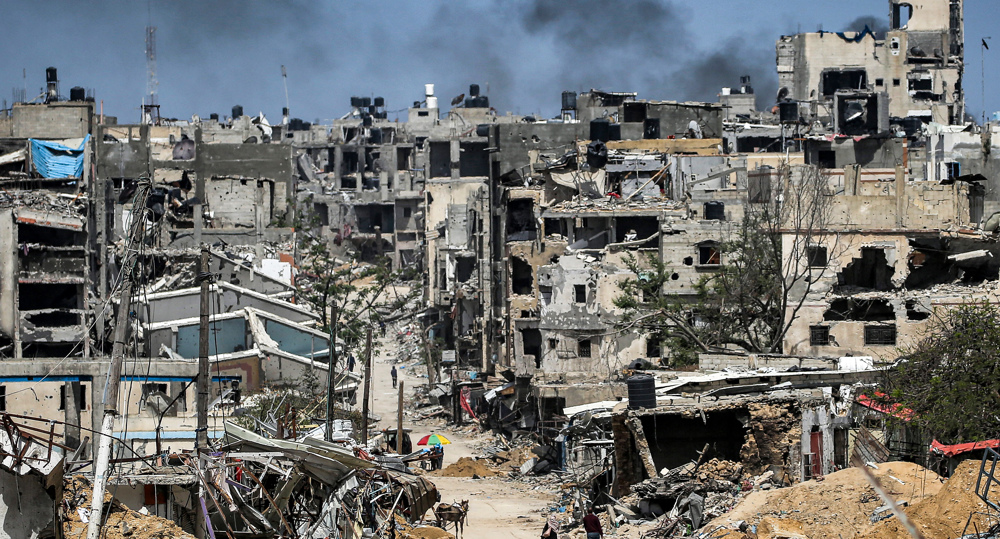
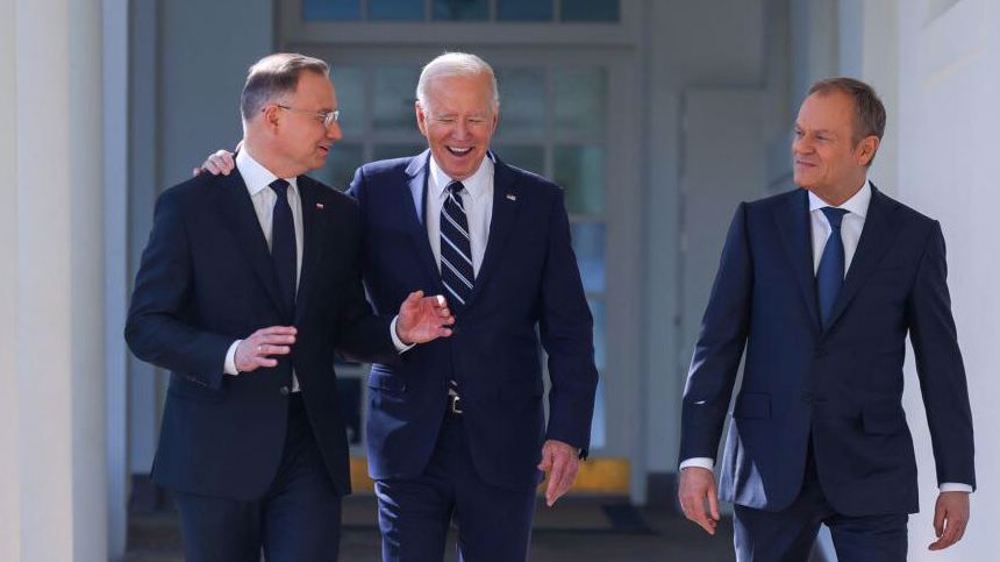
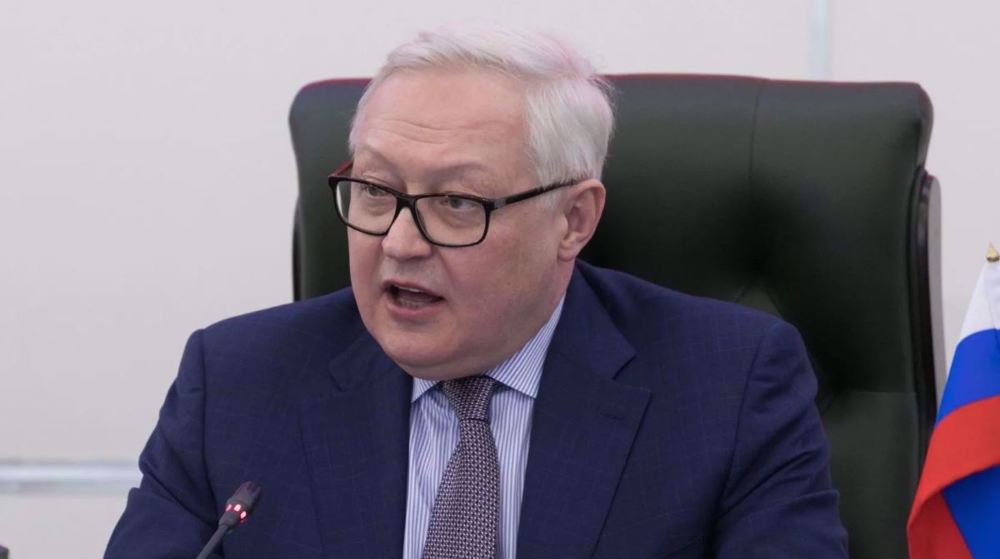



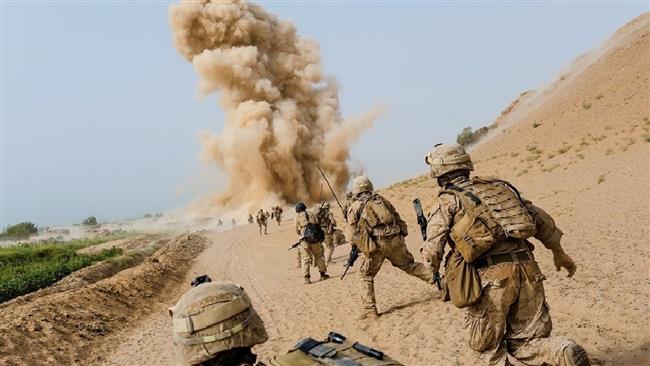
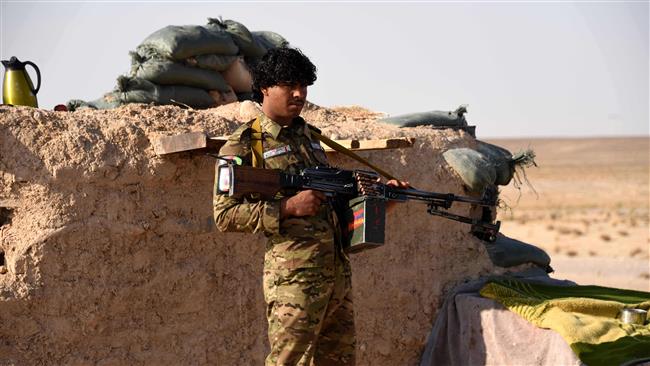
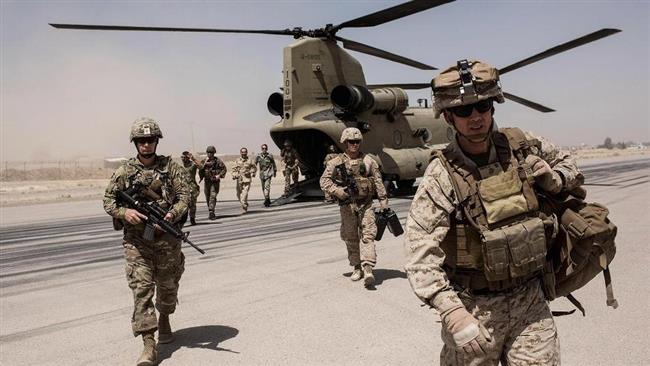
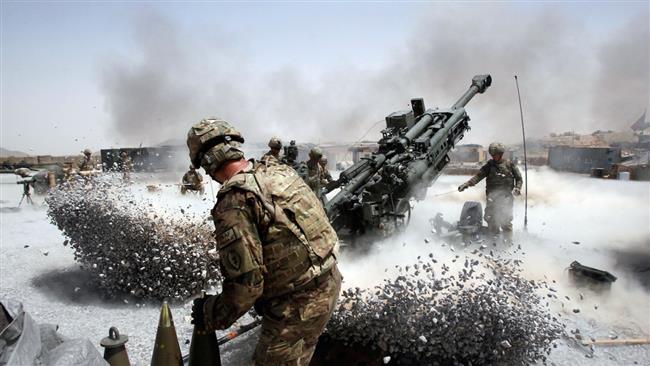
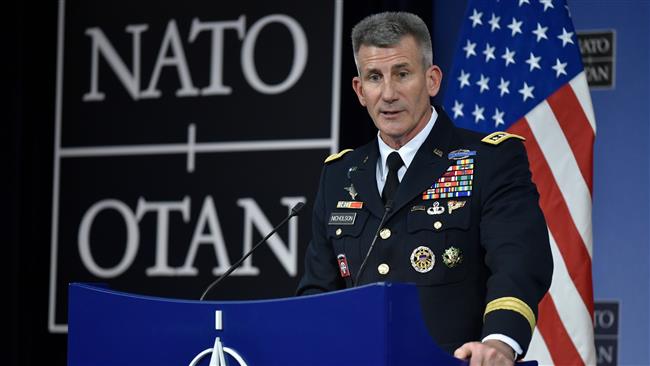
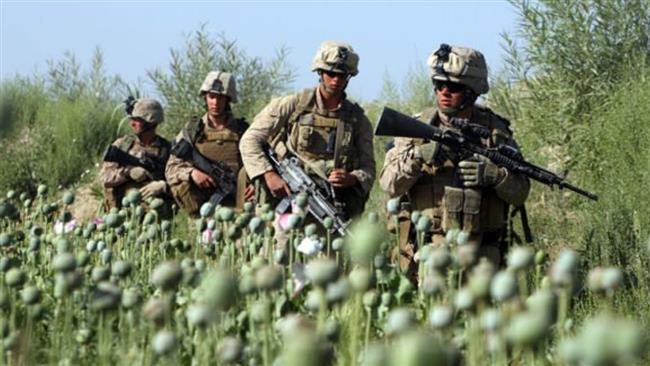

 This makes it easy to access the Press TV website
This makes it easy to access the Press TV website